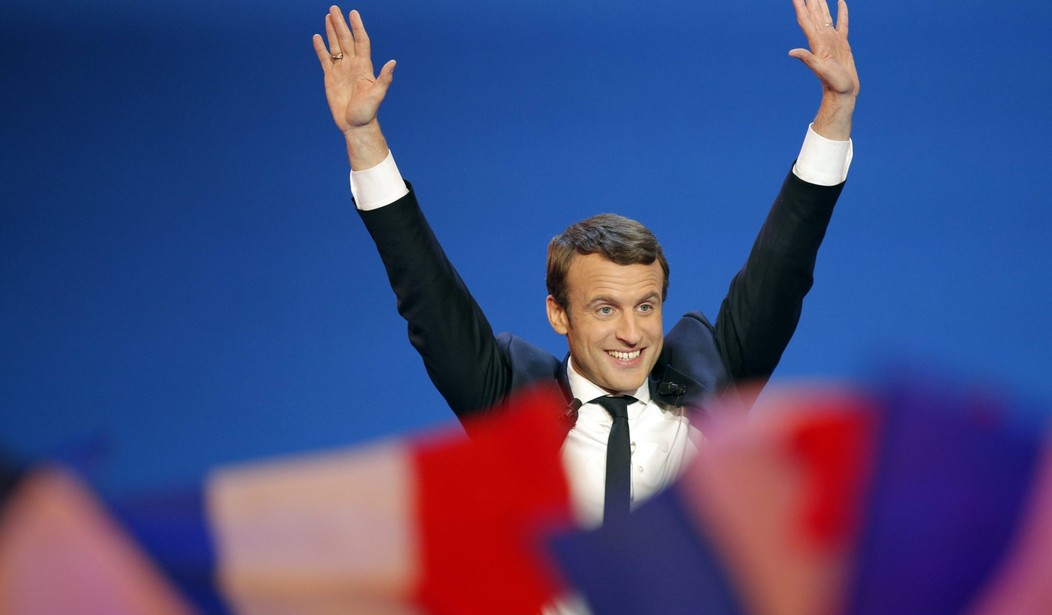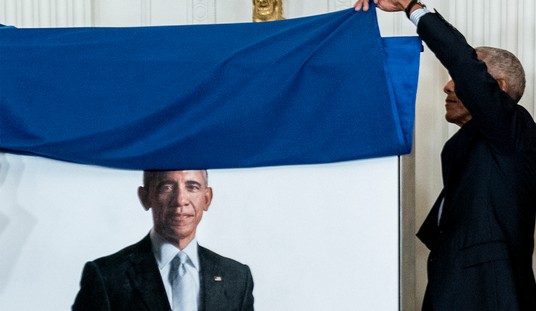“The idea of Europe is in peril.” Thus begins an 800-word open letter published on Friday in the French newspaper Libération and other several European dailies. Written by Bernard-Henri Lévy, the French philosopher, it was signed by thirty “top intellectuals” (as the Guardian put it) from twenty-one countries.
Now, anyone familiar with current affairs will readily agree that Europe – at least Western Europe – is imperiled. It’s imperiled by a European Union whose unelected leaders are determined to convert it into a sovereign superstate with its own army and with ever-expanding powers. And it’s imperiled by hordes of Muslim migrants who, having been forced upon it by those EU leaders, will, barring dramatic reversals, eventually turn the countries of Western Europe into sharia states.
But this isn’t what these “top intellectuals” mean. Note the wording of their letter: they’re not concerned with the well-being of the peoples of Europe; their preoccupation is with the idea of Europe, which is to say with the preservation and fortification of the European Union.
And their message is that the EU is imperiled by – who else? – Europeans themselves.
Who are these “top intellectuals”? The signatories include the renowned novelists Salman Rushdie, Ian McEwan, and Milan Kundera, plus an assortment of philosophers, historians, activists, and social critics, some more famous than others. Their tender concern for the EU’s health is not surprising. The EU was always a project of privileged highbrows, who helped it advance from strength to strength by lying to the governed, acting without their consent, and overruling their votes. Now, with Eastern European governments rejecting dictates from Brussels and with Western European electorates, at long last, demanding that their voices be heard and their wishes respected, the EU’s architects and partisans are balking at the audacity with which the deplorables – the peons, the peasants, the proles – are standing up to them. Lévy writes:
“Enough of ‘building Europe’!” is the cry. Let’s reconnect instead with our “national soul”! Let’s rediscover our “lost identity”! This is the agenda shared by the populist forces washing over the continent. Never mind that abstractions such as “soul” and “identity” often exist only in the imagination of demagogues.
Pace Lévy, a feeling of national identity has long been a potent force in the souls of men. For him and other devotees of the “idea” of an EU superstate, it has been Job One to try to eradicate that patriotism and replace it with a newly forged sense of “European identity.” Unfortunately, these EU boosters have discovered that that particular abstraction thrives only in their own demagogic imaginations, and that most of the people of Europe want nothing to do with it.
Lévy’s letter goes on:
Europe is being attacked by false prophets who are drunk on resentment, and delirious at their opportunity to seize the limelight. It has been abandoned by the two great allies who in the previous century twice saved it from suicide; one across the Channel and the other across the Atlantic.
The degree to which Lévy manages to turn everything upside down here is impressive. The actual false prophets are the EU’s unelected leaders and their collaborators, lackeys, and running dogs, such as Lévy and his pals. They’re the ones who are, to borrow Lévy’s metaphor, drunk – specifically, drunk on unearned power that they’ve seized from the once free citizens of Europe’s nation states. As for Britain and the U.S. – yes, they did save Europe from suicide twice in the twentieth century. Today, in keeping with that history, the Brexiteers in Britain and the Trump administration in the U.S. recognize the EU as, like Nazi Germany and the USSR, a misbegotten imperial project – an ideologically rooted effort, conceived and driven by an arrogant and self-regarding elite, that has steadily encroached on individual liberties, steadily weakened economies, and steadily evolved into something that looks increasingly like a suicide pact.
If twentieth-century Europe was almost destroyed by various totalitarianisms, twenty-first-century Europe now risks destruction either at the hands of Islamic totalitarianism, to which the EU honchos have kowtowed for two generations, or at the hands of the burgeoning totalitarianism of the EU itself. Or both. “Europe as an idea,” Lévy tells us, “is falling apart before our eyes.” Good. The key lesson of the twentieth century – which the multitudes are waking up to even if the “intellectuals” aren’t – is that Europe’s Achilles heel isn’t populism but a susceptibility to control-happy “ideas” for the organization of societies.
Several paragraphs into his letter, Lévy spells out his immediate fear: namely, that the upcoming elections to the European Parliament, which are scheduled for May, will be won by anti-EU forces who will quash “the legacy of Erasmus, Dante, Goethe and Comenius.” If the European electorate votes against the EU project, warns Lévy, “A politics of disdain for intelligence and culture will have triumphed. There will be explosions of xenophobia and antisemitism. Disaster will have befallen us.” Again, it’s all topsy-turvy. Intelligence? Culture? It’s the EU that’s importing into Europe a mentality that has room for only one book – a manifesto of hate – and whose notion of culture is barbaric. Antisemitism? It’s the EU that’s flooding Europe with toxic Jew-hatred, which is preached at EU-subsidized mosques and taught at EU-subsidized madrassas. Disaster? It’s the EU that, for these and other reasons, is courting disaster.
As for xenophobia, very few native Europeans are infected with a blanket hostility toward foreigners; what’s happened is that more and more of them are opposing the introduction into their societies of primitive values and practices that could scarcely be more antithetical to their own.
As their text approaches its end, Lévy’s confrères stirringly affirm that they’re “European patriots” who “refuse to resign themselves” to a “looming catastrophe” and who are fighting “a new battle for civilisation.” Yes, there’s a battle for civilization underway. They’re just on the wrong side. They also make a confession: “we believed that the continent would come together on its own, without our needing to fight for it, or to work for it. This, we told ourselves, was ‘the direction of history.’” Translation: we believed that we could gradually transform a common market into a tyrannical superstate without the rabble ever catching on or fighting back. Alas, the serfs are on to them. The proletariat are resisting. In closing, Lévy and company invite readers to join them in fighting “for the idea of Europe.” We can only hope that they’re right to worry that a majority of European voters are opting, instead, to fight for themselves and their posterity – for the future, that is, of European freedom, a future in which there’s no place for a blight like the EU.









Join the conversation as a VIP Member